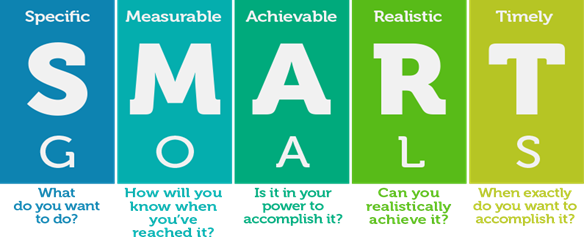These days business success is no longer achieved by just hiring the best employees — you need to be able to retain them as well.
Employees are considered loyal if they are devoted to the success of their organization and believe that being an employee of this organization is in their best interest. Not only do they plan to remain with the organization, but they do not actively seek for alternative employment opportunities.
Loyalty benefits a business because a low employee turnover rate positively impacts morale, productivity, and even company revenue. This is because everytime you lose an employee, you need to spend time and money replacing and training someone else. According to the Society for Human Resource Management, a professional human resources membership association based in the United States, the average replacement cost of a salaried employee is equivalent to six to nine months’ salary. So for an employee earning USD60,000 per year, for example, that totals approximately USD30,000 to USD45,000 in recruiting and training expenses, including but not limited to:
- Hiring costs: advertising, interviewing, screening, and hiring
- On-boarding costs: training and management time
- Lost productivity: new employees may take one to two years to achieve the productivity level of the exiting employee
- Customer service and errors: new employees are often slower in their work completion and less adept at solving problems in the initial stages of employment

Clearly, instilling loyalty in your employees is worth it. So how can you make sure that your top talent stays happy, motivated, and devoted to your company? Here are some ways:
- Keep communication lines open. Never assume how your employees are feeling. Create a high feedback environment in which employees feel that their opinions are valued.
- Invest in professional development. Provide staff with training, education, and meaningful work, as well as an opportunity for advancement within the organization in terms of pay, recognition, and responsibility.
- Give employees more control. When employees are micromanaged, they feel distrusted and have low self-esteem. On the other hand, companies that have employees who are engaged — meaning they make decisions rather than simply follow orders, experience lower turnover rate. The easiest way to increase employee engagement is to have them set their own working hours and decide whether and when to work remotely.
- Clearly communicate policies. Expectations should be communicated through an employee handbook, and policies should be consistently enforced.
- Do not tolerate abuse or infractions committed by staff. Do not expect employees to feel happy or loyal to the company if management tolerates co-workers who make the workplace miserable to everyone else. These team members greatly increase stress (and therefore turnover) even among those who aren’t immediate victims. So have policies in place to discipline errant staff, and immediately transfer or terminate those who display unwillingness to change their behavior.
- Understand why employees leave. Conduct exit interviews and consult online reviews to learn what former and current employees are saying about the company, as information an employee shares online may be information they did not feel comfortable addressing during their employment or in the context of an exit interview.
- Provide competitive compensation and benefits. Offer competitive pay, meaning the salaries are “at market” or above. If you can’t provide that, make up for it by being generous in other categories, such as healthcare benefits (physical and mental), paid time off, and retirement savings plans.
- Improve company culture. This is defined as the interaction between management and employees and the personal interaction between employees — in short, how well everyone in the company gets along. As a manager, it is your responsibility to keep your finger on the pulse of the company’s culture by constantly going through the strategies listed above and finding ways to create an environment that is free from discrimination and stigma and supportive of one’s overall well-being.
You don’t have to implement all the above practices art once. Start with small good behaviors and work up from there. Loyalty is not built overnight — rather, employees gradually respond to changes in behavior, management style, and company performance. Every little positive action, every improvement, every appropriate response to a challenge adds up. So take stock of where you’re at, where you want to be, and how you plan to get there, then act.
For more information on how to build happier, healthier, and more productive teams, visit www.mindnation.com.
— Written by Jaclyn Lutanco-Chua of MindNation































